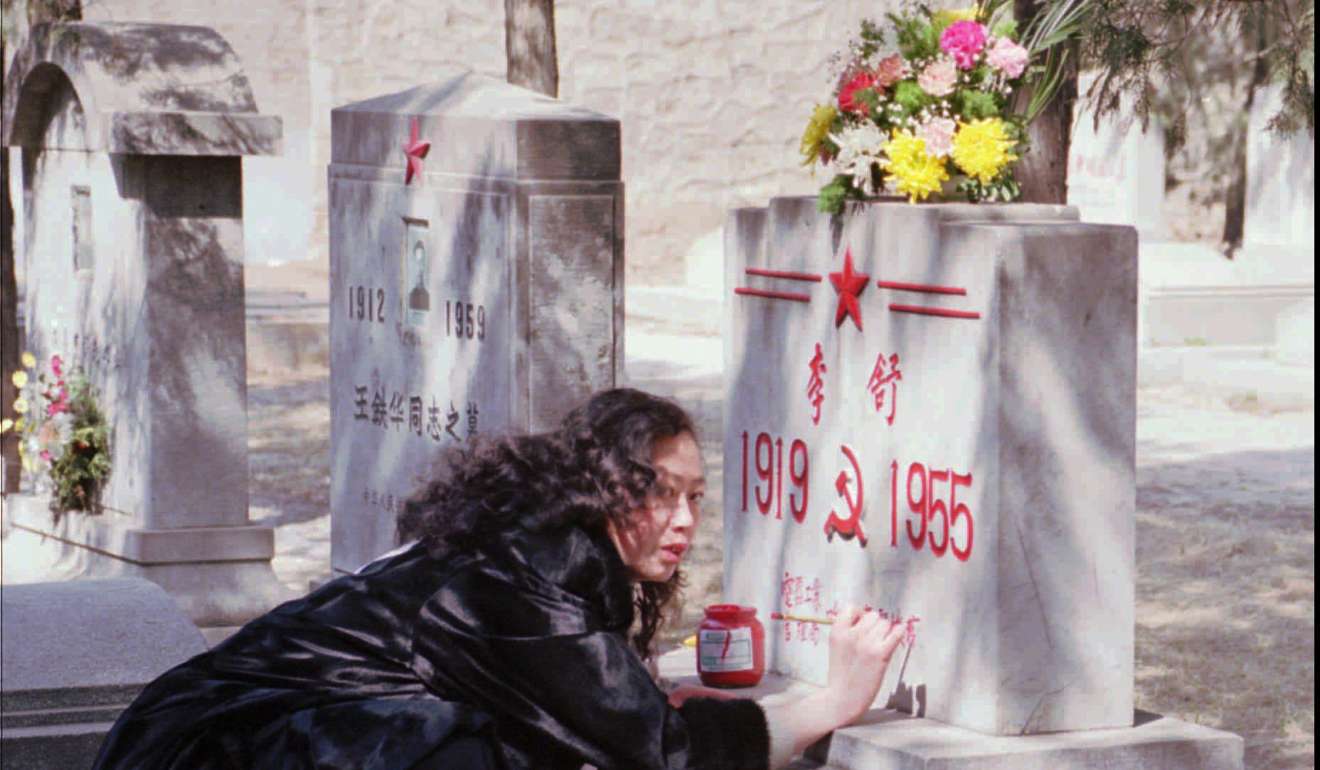
China’s largest funeral service provider reports surge in business amid ageing population
Fu Shou Yuan International eyeing more PPP agreements with Chinese local governments to grab further market share in fast-growing sector

Shares in Fu Shou Yuan International, China’s largest funeral service provider, soared more than 5 per cent to a three-month high on Monday after unveiling a 23 per cent rise in net annual profit, driven by a 15.8 per cent jump in revenue from burial services amid the country’s fast ageing population.
The Hong Kong-listed company’s net profit reached 448.5 million yuan in 2016, its revenue rose 14.4 per cent jump to 1.3 billion yuan, and its attributable profit also saw a 19 per cent rise, to 339 million yuan.
The company said it was now eying the possible acquisitions of more smaller rivals this year, and has the support of some local governments in its helping to cope with a rising number of deaths in China.
“It is quite a contradiction for us to only have obtained a rather small market share in this huge market,” said Wang Jisheng, its executive director and president.
“We have strong confidence to integrate the best burial service resources in this sector.
“There are lots of flaws and irregularities in the sector that have created difficulties, but I believe a reform push by the authorities will see it become more normalised.”

China’s Ministry of Civil Affairs, the main authority that oversees burial services, has specifically required the “separation of administrative management and actual operation” in has long been a state-monopolised sector, which has left a huge room for more social capital to participate, according to Wang.
The industry is divided into two distinctive sub-sectors in China, the less-profitable funeral services and cemetery management.
With China’s over 60s population set to pass 300 million by 2050, the market of traditional cemetery
management is forecast to grow 35 per cent annually, from 110.8 billion yuan in 2015 to 505.4 billion yuan in 2020 according to China Merchants Securities.
Cemetery management requires companies to purchase land, build up graveyards, sell the tombs and take care of the graveyard throughout the year.
We belive merger and acquisition, as well as our extensive involvement with local governments in burial and funeral projects will be the drivers for our long term stable growth
In the meantime, funeral services, which includes eco-friendly burial methods as well as some traditional services, will surpass 200 billion yuan by 2020 also according to the mainland brokerage.
Fu Shou Yuan operates in 16 Chinese cities in ten provinces, and reached major agreements last year with three local governments – in the Southwestern city of Chongqing, Shandong and Anhui province – through the Public-Private Partnership model, added its chief financial officer Yuan Zhenyu.
“We belive merger and acquisition, as well as our extensive involvement with local governments in burial and funeral projects will be the drivers for our long term stable growth,” he said, adding more such agreements are likely to be signed this year.
In terms of land supply for creating cemeteries, the company said its land bank could support at least another 20 years of development.
“The cemetery market is unlike the property sector, in that its prices will not see a sharp increase but will be maintained at stable, mild growth,” said Wang Jisheng.